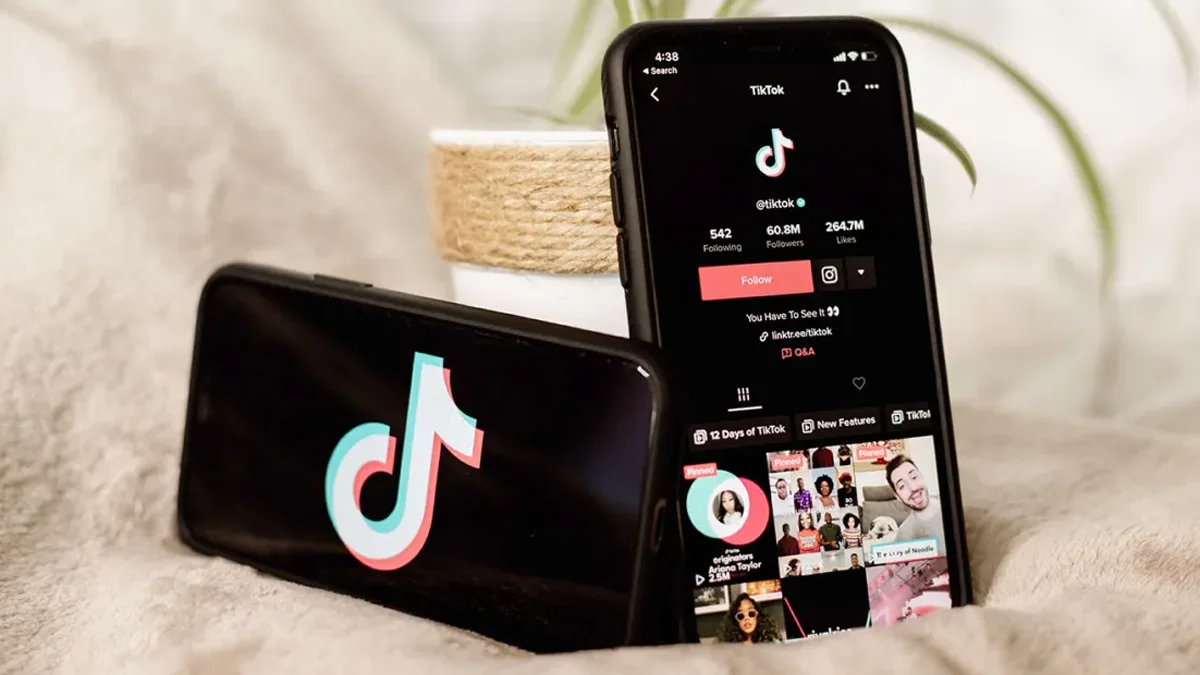Necessary Always Active
Necessary cookies are required to enable the basic features of this site, such as providing secure log-in or adjusting your consent preferences. These cookies do not store any personally identifiable data.
|
||||||
|
||||||
|
||||||
|

TikTok has unveiled a meditation feature to promote wellness and prevent late-night scrolling by users, CNBC has reported. TikTok’s meditation feature comes after the company had been sued multiple times. TikTok also faces numerous allegations of hurting the mental health of users, including children and adolescents.
The guided meditation feature is intended to support improved sleep hygiene. According to the company, the new TikTok sleep feature will be activated automatically for users under the age of 18 during designated sleep hours.
If users continue engaging with the app past 10 pm, their ‘For You’ feed will be interrupted by a meditation prompt. Continued use of the app after the initial prompt will trigger a secondary full-screen meditation reminder.
The guided meditation feature is designed to promote healthier digital habits among TikTok’s user base, particularly adolescents. The video streaming platform, which is owned by Chinese technology firm ByteDance, initially piloted these features with a select group of teenage users earlier this year. The company confirmed that the new tools will be made available to users of all age groups.
“Research shows us that mindful meditation can improve sleep quality in people of all ages, so we’ll also introduce meditation in Sleep Hours to all our users, regardless of their age,” TikTok said.
Other features introduced by the social media app include curated educational content feeds, better online safety mechanisms, and expanded Tiktok parental controls related to screen time management.
Tiktok’s recent focus on healthier engagement comes after the public expressed safety concerns on the impact of the platform on youth mental health. Over the last one year, a group of state attorneys general have filed lawsuits claiming that TikTok’s practices result in adverse psychological effects among youthful users.
One lawsuit was filed by District of Columbia Attorney General Brian Schwalb. In the lawsuit, Schwalb alleges that TikTok is intentionally designed to be addictive and psychologically harmful to minors. The complaint asserts that the platform poses serious risks to adolescents, including depression, anxiety, sleep deprivation, and body image disorders.
In a previous interview, TikTok spokesperson claimed that the lawsuit did not take into consideration the proactive steps that the company had implemented to support the safety and well-being of its users. Psychologists have also advocated for a TikTok ban, saying the app as well as other social platforms can potentially contribute to mental health issues among young adults, children, and adolescents.
In addition to introducing new features, TikTok also increased its Mental Health Education fund. The Chinese social media giant announced that it would be donating $2.3 million in advert credits to about 31 charities working in mental health across 22 countries. Some UK charities that are set to receive support include Campaign Against Living Miserably (CALM) and Mind.
“Millions of people turn to TikTok to share their well-being journeys, explore practices like mindfulness, and find connection. To further support our community, we’ll be prompting people to wind down for the night with our new guided meditation feature, and expanding our Mental Health Education Fund to 22 countries around the world.” TikTok’s Global Head of Outreach and Partnerships, Trust & Safety Valiant Richey said.
TikTok has been facing a range of legal challenges in the US and other countries in recent years. In January this year, the social media app briefly went offline after the US Supreme Court upheld the law to ban Tiktok unless its parent company, ByteDance sold its stake. The situation changed after US President Donald Trump signed an executive order to delay the ban.
Currently, TikTok’s status in the US hangs in the balance. In August last year, the US Federal Trade Commission and the Justice Department sued TikTok and ByteDance for collecting personal information from users below the age of 13. In the ByteDance TikTok lawsuit, the state agencies also accused the Chinese video streaming app of having inadequate processes and policies for identifying and removing accounts created by kids.